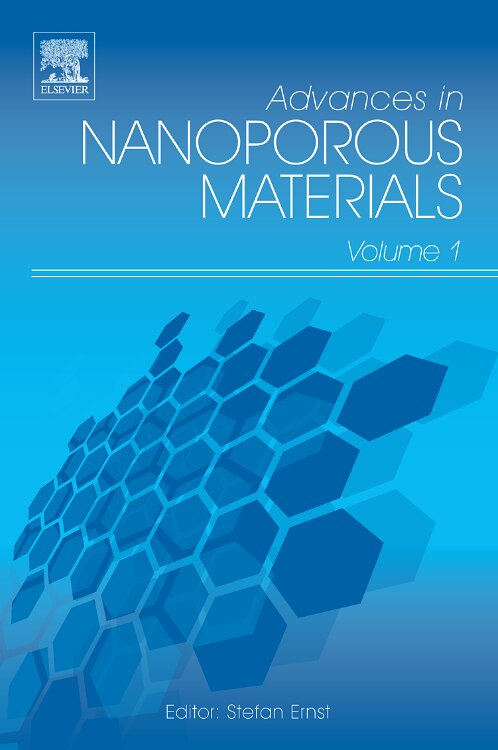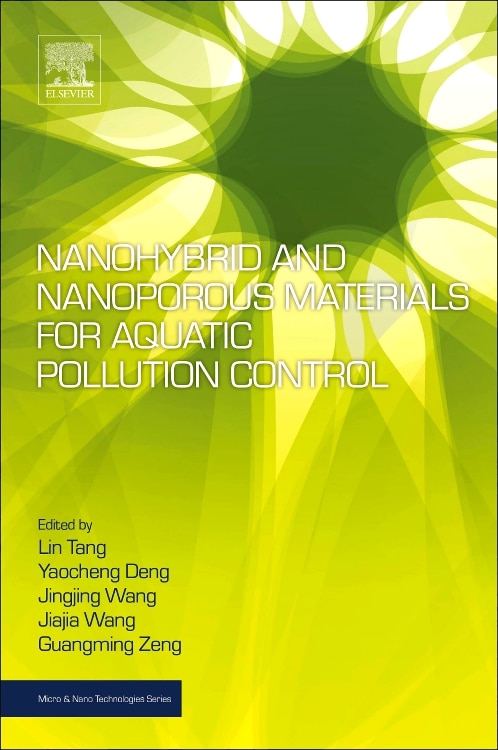Home
Fluid Transport in Nanoporous Materials by Wm. Curtis Conner, Hardcover | Indigo Chapters
Loading Inventory...
Coles
Fluid Transport in Nanoporous Materials by Wm. Curtis Conner, Hardcover | Indigo Chapters
From Wm. Curtis Conner
Current price: $248.50


Coles
Fluid Transport in Nanoporous Materials by Wm. Curtis Conner, Hardcover | Indigo Chapters
From Wm. Curtis Conner
Current price: $248.50
Loading Inventory...
Size: 1 x 9.25 x 4.7
*Product information may vary - to confirm product availability, pricing, shipping and return information please contact Coles
The last several years have seen a dramatic increase in the synthesis of new nanoporous materials. The most promising include molecular sieves which are being developed as inorganic or polymeric systems with 0. 3-30nm in pore dimensions. These nanoporous solids have a broad spectrum of applications in chemical and biochemical processes. The unique applications of molecular sieves are based on their sorption and transport selectivity. Yet, the transport processes in nanoporous systems are not understood well. At the same time, the theoretical capabilities have increased exponentially catalyzed by increases in computational capabilities. The interactions between a diffusing species and the host solid are being studied with increasing details and realism. Further, in situ experimental techniques have been developed which give an understanding of the interactions between diffusing species and nanoporous solids that was not available even a few years ago. The time was ripe to bring together these areas of common interest and study to understand what is known and what has yet to be determined concerning transport in nanoporous solids. Molecular sieves are playing an increasing role in a broad range of industrial petrochemical and biological processes. These include shape-selective separations and catalysis as well as sensors and drug delivery. Molecular sieves are made from inorganic as well as organic solids, e. g. , polymers. They can be employed in packed beds, as membranes and as barrier materials. Initially, the applications of molecular sieves were dominated by the use of zeolites. | Fluid Transport in Nanoporous Materials by Wm. Curtis Conner, Hardcover | Indigo Chapters













